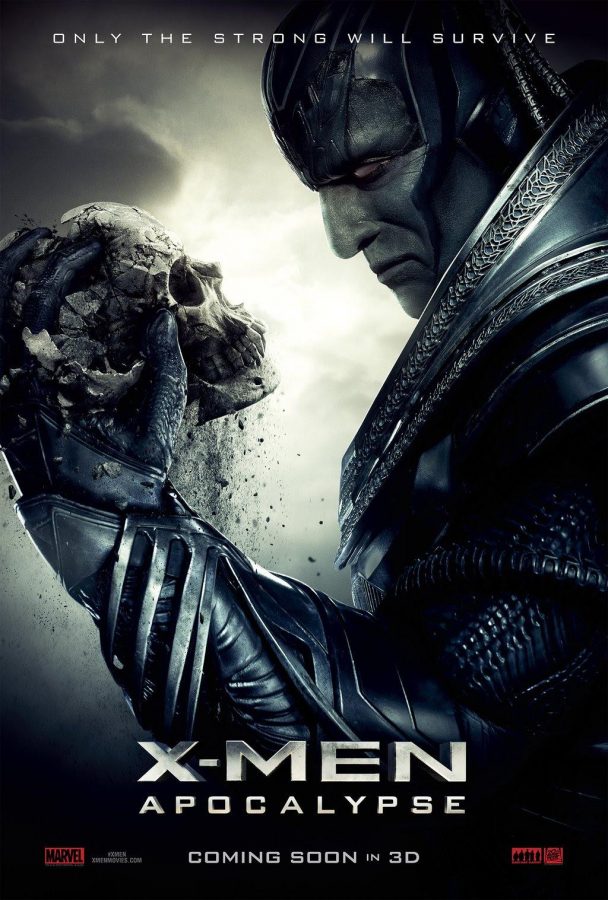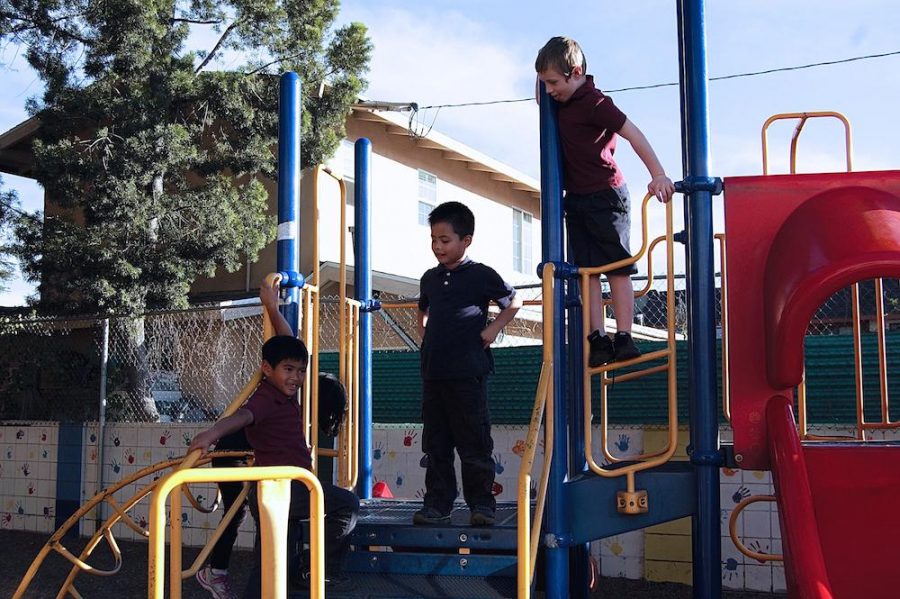(December 14, 2012) — It’s no big secret that the world as we know it is supposed to end this year. However, all talk of floods, fires and ancient calendars aside, the world as we know it is indeed slated to change Jan. 1. On this fateful day, our nation is likely to dive, plunge, or otherwise fall headfirst into the ominous depths that news and social media have dubbed “the fiscal cliff.” Falling off any sort of cliff often ends painfully, and the fiscal cliff Americans now face will prove no exception. However, what many Americans fail to understand is why this fiscal cliff will be so painful and what can be done to avoid it. What exactly is a fiscal cliff, though? In short, “fiscal cliff” is a term coined by Federal Reserve Chairman Ben Bernanke regarding massive tax increases and government spending cuts that have been set to take place Jan. 1 and 2. “Massive” is a veritable understatement; starting Jan. 1, Congress will implement $661 billion in new taxes, and then $1.2 trillion in government spending cuts the day after. As outrageous as these terms may seem, they were agreed upon in 2011 as part of the Budget Control Act. To underscore some of the effects of these measures, CNN reporter Candy Crowley speculates that income taxes will rise by about $2,000 on average, Social Security tax rates will increase by 2%. As for spending cuts, government defense spending will be cut by 10%, or roughly $70 billion, and government-funded education programs will be cut by 8%. Essentially, if the US goes over the fiscal cliff, everyone’s parents will be paying quite a bit more in taxes and college tuition fees. Such a drastic move would not be without apparent benefits, according to economist Thomas Kenny. “The plus side: the [government] deficit, as a percentage of GDP, would be cut in half,” Kenny said. Today, the US national debt is over $16 trillion. However, according to Kenny, the Congressional Budget Office predicts that going off the fiscal cliff would also result in a national recession. As dire as the fiscal cliff may seem, it is far from unavoidable. The US legislative branch has the power to cancel all or part of the proposed spending cuts and tax increases; it can even do so after the cuts and increases go into effect. To put it simply, if enough people in Congress agree on what to cut and what not to cut, what to tax and what not to tax, the fiscal cliff will not be such an exaggerated problem whatsoever. Unfortunately, not everybody in Congress agrees on everything. Generally, Democrats want to increase tax rates and leave spending unaffected; Republicans, on the other hand, want to decrease spending and leave tax rates unaffected. Unsurprisingly, these clashing viewpoints have caused nothing but gridlock. In fact, indecision in Congress is having a negative effect in the economy, as businesses across the nation change their spending habits as a preparatory measure against ever-more-likely tax increases. As it stands today, the U.S. is about to make one of the biggest New Year’s resolutions of all time. The question every teenager should answer about this fiscal cliff is, “Am I willing to let my parents pay more taxes for the sake of our country, or am I ready to take action to prevent this from happening?” This fiscal cliff, whether we choose to avoid it or not, is set to change our lives, and it is up to every U.S. citizen to be properly informed and opinionated on this pressing matter.
Categories:
The fiscal cliff, and what it means to you
December 14, 2012
More to Discover








